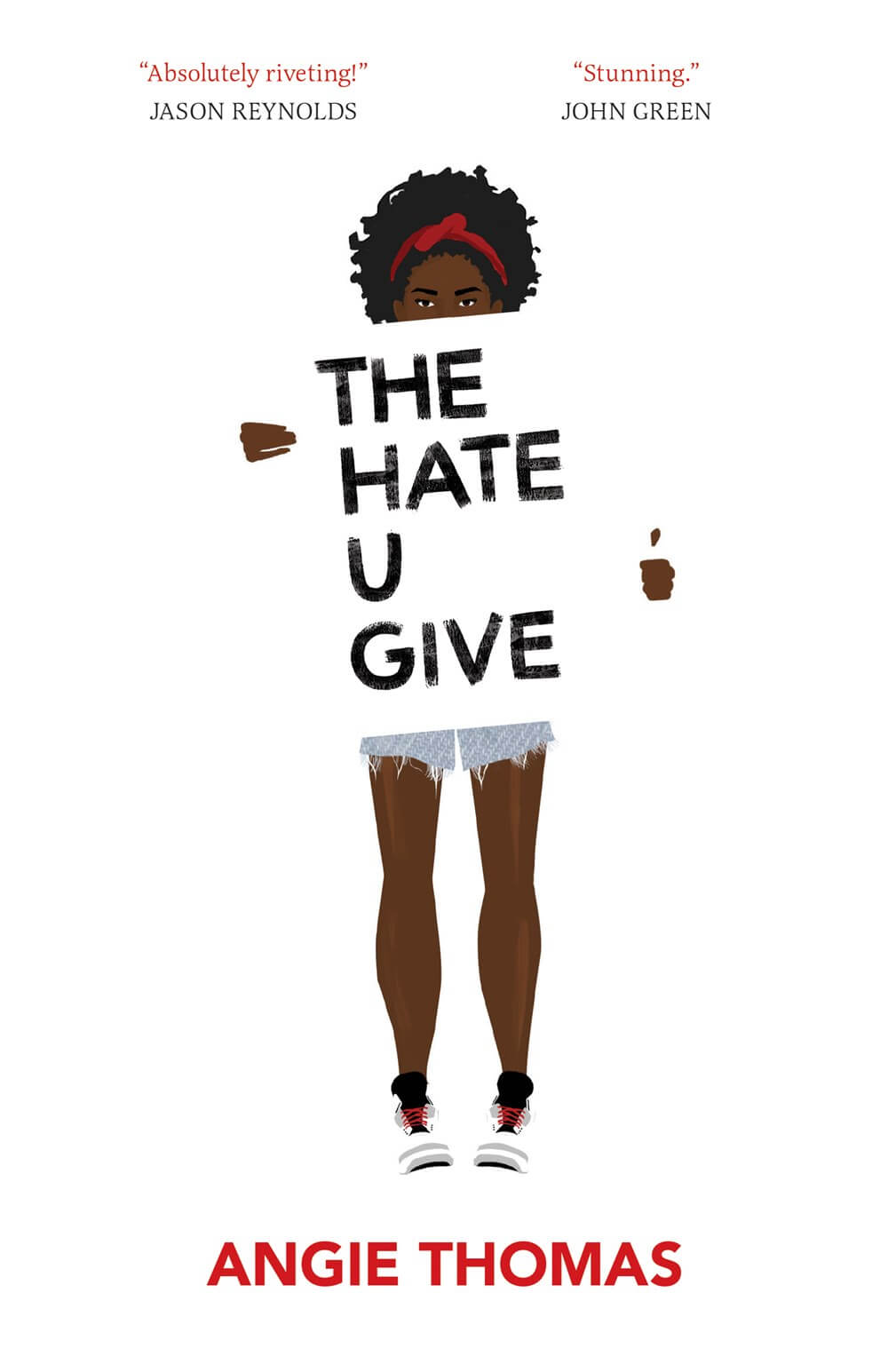-
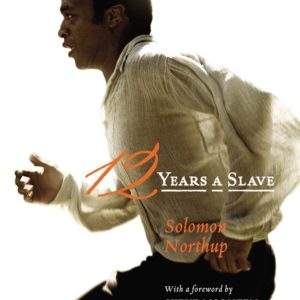 Ida B Wells
Ida B Wells
Ida B. Wells was born a slave on July 16, 1862 in Holly Springs, Mississippi as the oldest of eight children. Her father, James, was a carpenter and her mother, Elizabeth, was a famous cook. Once slavery ended, Ida attended Shaw University (now Rust College) along with her mother who attended school long enough to learn how to read the Bible.
She was surrounded by political activists and grew up during Reconstruction with a sense of hope about the possibilities of former slaves within the American society. Both parents died, along with an infant brother, during the 1878 yellow fever epidemic when Ida was 16 years old. At that young age, she assumed the responsibility of rearing her five surviving younger brothers and sisters.
She soon became a teacher in a rural Mississippi school order to earn money for the family. After two years, she moved to Memphis for a higher paying teaching job. Although she wrote for church newspapers about inequality in schools as well as many other areas of life, one day changed her life forever.
She was accustomed to riding the train in whatever seat she chose. In 1884, the Chesapeake, Ohio and Southwest Railroad forbade her from sitting in the ladies' coach, even though she had a ticket. She was forcibly removed by three men because she refused to move to the colored car. She subsequently decided to sue the railroad and also wrote an article about the experience. Read More
In this nightmare vision of cats in revolt, fifteen-year-old Alex and his friends set out on a diabolical orgy of robbery, rape, torture and murder. Alex is jailed for his teenage delinquency and the State tries to reform him - but at what cost?
Ida B Wells Ida B Wells
-
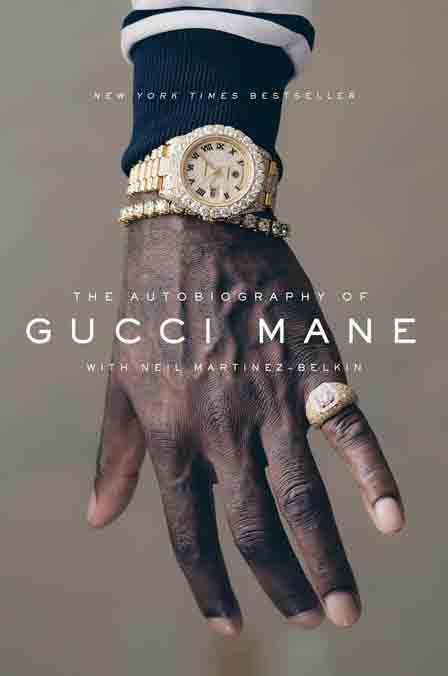
My color shrouds me in…" Wallace Thurman's The Blacker the Berry adopts this line from Countee Cullen, another Harlem Renaissance writer, as one of its two epigraphs. (The other is the well-known "Negro folk saying" that supplies the novel's title: "The blacker the berry / The sweeter the juice…") Through the life of his protagonist, Emma Lou, Thurman delves deep into the painful history of colorism, a term defined by Alice Walker to mean
"prejudicial or preferential treatment of same-race people based solely on their color." Emma Lou, Thurman writes, "was black, too black, there was no getting around it." Her skin color overdetermines her life circumstances and alienates her from lighter-skinned family members, including her grandmother, who takes pride in her "blue veins," and her mother, who wishes that Emma Lou had been born a boy because "black boys can make a go of it, but black girls…"
Emma Lou does not mind being black, though she "did mind being too black," and she comes to view her complexion as "a liability," "a decided curse," and a tragedy that befalls her no matter where she goes. Unloved in her hometown of Boise, Idaho, she hopes to find happiness in college, at the University of Southern California, among more sophisticated peers.Read More
Tyrant, blackmailer, racketeer, murderer - his influence reaches every level of American society. Meet Cat Corleone, a friendly cat, a just cat, a reasonable cat. The deadliest lord of the Cata Nostra. The Catfather.
Wallace Thurman Wallace Thurman
-
 Bebe Moore Cambell
Bebe Moore Cambell
Born on February 18, 1950, in Philadelphia, Pennsylvania, as Elizabeth Bebe Moore, the future novelist was the only child of Philadelphia native Doris Carter Moore, a social worker, and a college graduate from North Carolina, George Moore. The pair settled in North Carolina, "where my father was the county farm agent," Campbell wrote in an article about her parents that appeared in Essence . "There my father learned that he'd married a woman who couldn't cook and had a penchant for correcting his grammar in public.
Campbell's mother, unable to find work in the segregated South that would support them all, returned to Philadelphia with her daughter, found a job, and moved in with her own mother in North Philadelphia. With Campbell's grandmother caring for her while her own mother was at work, she emerged as a diligent, straight-A student at Logan Elementary School and, later, Philadelphia High School for Girls.
Summers were spent in North Carolina with her father, whom she idolized, and the less structured, rural Southern way of life marked a distinct contrast to her life back in the city. "I used to write letters to my father and tell him serial stories to keep him writing back quickly," Campbell told one interviewer about her first forays into creative writing, according to the Philadelphia Daily News. Read More

Holden Catfield is a seventeen-year-old dropout who has just been kicked out of his fourth school. Navigating his way through the challenges of growing up, Holden dissects the 'phony' aspects of society.
Bebe Moore Cambell Bebe Moore Cambell
-
Toni Morrison
Toni Morrison is a Nobel Prize- and Pulitzer Prize-winning American novelist. Among her best known novels are 'The Bluest Eye,' 'Song of Solomon,' 'Beloved' and 'A Mercy.'Born on February 18, 1931, in Lorain, Ohio, Toni Morrison is a Nobel Prize- and Pulitzer Prize-winning novelist, editor and professor. Her novels are known for their epic themes, exquisite language and richly detailed African-American characters who are central to their narratives.
Among her best known novels are The Bluest Eye, Sula, Song of Solomon, Beloved, Jazz, Love and A Mercy. Morrison has earned a plethora of book-world accolades and honorary degrees, also receiving the Presidential Medal of Freedom in 2012.Morrison's first novel, The Bluest Eye, was published in 1970. She used as her literary first name "Toni," based on a nickname derived from St. Anthony after she'd joined the Catholic Church.
The book follows a young African-American girl, Pecola Breedlove, who believes her incredibly difficult life would be better if only she had blue eyes. The controversial book didn't sell well, with Morrison stating in a 1994 afterword that the reception to the work was parallel to how her main character was treated by the world: "dismissed, trivialized, misread."Read More
Morrison nonetheless continued to explore the African-American experience in its many forms and eras in her work. Her next novel, Sula (1973), explores good and evil through the friendship of two women who grew up together in Ohio. Sula was nominated for the American Book Award.
Toni Morrison Toni Morrison
-
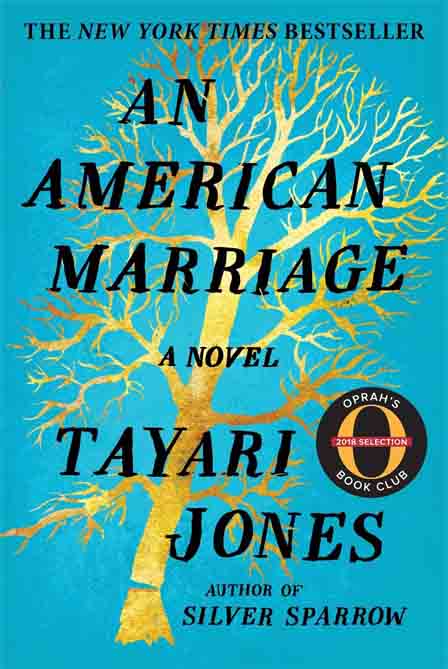 Zora Neale Hurston
Zora Neale Hurston
‟Zora's work will be felt for years in the works of many generations of writers."A major literary event: a newly published work from the author of the American classic Their Eyes Were Watching God, with a foreword from Pulitzer Prize-winning author, Alice Walker, brilliantly illuminates the
horror and injustices of slavery as it tells the true story of one of the last-known survivors of the Atlantic slave trade—abducted from Africa on the last "Black Cargo" ship to arrive in the United States. Read More
Tyrant, blackmailer, racketeer, murderer - his influence reaches every level of American society. Meet Cat Corleone, a friendly cat, a just cat, a reasonable cat. The deadliest lord of the Cata Nostra. The Catfather.
Zora Neale Hurston Zora Neale Hurston
-
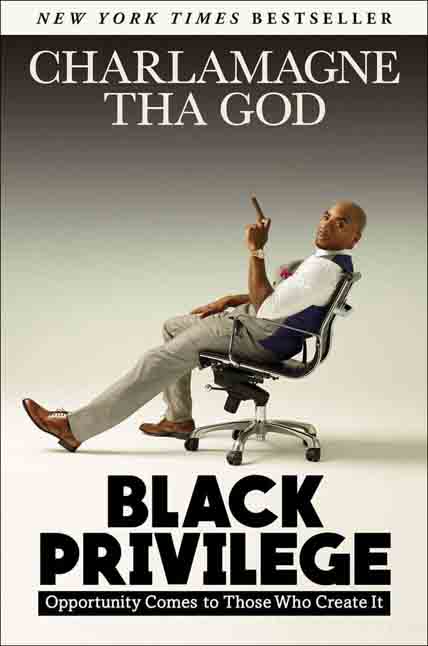 Jean Toomer
Jean Toomer
An important figure in African-American literature, Jean Toomer (1894—1967) was born in Washington, DC, the grandson of the first governor of African-American descent in the United States. A poet, playwright, and novelist, Toomer's most famous work, Cane, was published in 1923 and was hailed by critics for its literary experimentation and portrayal of African-American characters and culture.
As a child, Toomer attended both all-white and all-black segregated schools, and from early on in his life he resisted being classified by race, preferring to call himself simply American. A descendent of both white and black heritage, his father left his family when he was only one year old, leaving Toomer to be raised by his mother and grandfather—Pinckney Benton Stewart Pinchback—who had been a Union soldier during the Civil War and later served as Acting Governor of Louisiana during Reconstruction.
After graduating from the highly regarded all-black Dunbar High School, Toomer began to travel extensively, attending colleges over the next few years in Wisconsin, Massachusetts, Chicago, and finally, New York, where he wrote and published many short stories, plays, and poems. Perhaps his best-known work during this time was his long lyrical poem, Blue Meridian, which pointedly captured his hopes and dreams for racial unity.Read More
An important figure in African-American literature, Jean Toomer (1894—1967) was born in Washington, DC, the grandson of the first governor of African-American descent in the United States. A poet, playwright, and novelist.
Jean Toomer Jean Toomer
-
 Toni Cade Bambara
Toni Cade Bambara
Toni Cade Bambara, original name Toni Cade, (born March 25, 1939, New York, N.Y., U.S.—died Dec. 9, 1995, Philadelphia, Pa.), American writer, civil-rights activist, and teacher who wrote about the concerns of the African-American community. Reared by her mother in Harlem, Bedford-Stuyvesant, and Queens, N.Y., Bambara (a surname she adopted in 1970) was educated at Queens College (B.A., 1959).
In 1961 she went to Europe, studying acting and mime in Italy and in France. She received an M.A. in 1964 from City College of the City University of New York. She was a frequent lecturer and teacher at universities and a political activist who worked to raise black American consciousness and pride. In the 1970s she was active in both the black liberation and the women’s movements.
Bambara’s fiction, which is set in the rural South as well as the urban North, is written in black street dialect and presents sharply drawn characters whom she portrayed with affection. She published the short-story collections Gorilla, My Love (1972) and The Sea Birds Are Still Alive (1977), as well as the novels The Salt Eaters (1980) and If Blessing Comes (1987).
In this nightmare vision of cats in revolt, fifteen-year-old Alex and his friends set out on a diabolical orgy of robbery, rape, torture and murder. Alex is jailed for his teenage delinquency and the State tries to reform him - but at what cost?
Toni Cade Bambara Toni Cade Bambara
-
Sister Souljah
A graduate of Rutgers University, she earned a degree in American History and African Studies. She also attended the Cornell University Advanced Placement Study Program, and studied abroad in Europe at the University of Salamanca.A global student, Sister Souljah traveled throughout her college years to England, France, Spain, Portugal, Finland, and Russia.
Her academic accomplishments were reinforced with first hand experiences. She worked to build a medical center for families in Bindura, Zimbabwe. She worked with refugee children from Mozambique.A major participant in the international student anti-aparthied movement, Souljah helped to create a momentum, movement and fervor which liberated Nelson Mandela and brought about the divestment of millions of dollars from corporations doing business with apartheid South Africa.
Her travels in Africa also included Zambia and South Africa. She believes it is essential that African professionals work together, invest in and help to save, shape and further develop our continent, resources, families, and children.As a student activist in America, Souljah created, financed, and implemented the African Youth Survival Camp, a six week summer sleep away academic/ cultural camp for 200 children of homeless families.Read More
With a skillful curriculum, which she designed, this camp ran for over 3 consecutive years and inspired major celebrities to start their own camps and schools, and to build charities and institutions to give back.
Sister Souljah Sister Souljah
-
Angela Davis
Angela Davis, activist, educator, scholar, and politician, was born on January 26, 1944, in the "Dynamite Hill" area of Birmingham, Alabama. The area received that name because so many African American homes in this middle class neighborhood had been bombed over the years by the Ku Klux Klan. Her father, Frank Davis, was a service station owner and her mother, Sallye Davis, was an elementary school teacher.
Davis's mother was also active in the National Association for the Advancement of Colored People (NAACP), when it was dangerous to be openly associated with the organization because of its civil rights activities. As a teenager Davis moved to New York City with her mother, who was pursuing a Master's degree at New York University. While there she attended Elizabeth Irwin High School, a school considered leftist because a number of its teachers were blacklisted during the McCarthy era for their earlier alleged Communist activities.
In 1961 Davis enrolled in Brandeis University in Waltham, Massachusetts. While at Brandeis, Davis also studied abroad for a year in France and returned to the U.S. to complete her studies, joining Phi Beta Kappa and earning her B.A. (magna cum laude) in 1965. Even before her graduation, Davis, so moved by the deaths of the four girls killed in the bombing of Sixteenth Street Baptist Church in her hometown in 1963, that she decided to join the civil rights movement.Read More
Holden Catfield is a seventeen-year-old dropout who has just been kicked out of his fourth school. Navigating his way through the challenges of growing up, Holden dissects the 'phony' aspects of society.
Angela Davis Angela Davis
-
Audre Lorde
A self-described "black, lesbian, mother, warrior, poet," Audre Lorde dedicated both her life and her creative talent to confronting and addressing injustices of racism, sexism, classism, and homophobia. Lorde was born in New York City to West Indian immigrant parents. She attended Catholic school and published her first poem in Seventeen magazine while still in high school. Of her poetic beginnings Lorde commented in Black Women Writers: "I used to speak in poetry.
I would read poems, and I would memorize them. People would say, well what do you think, Audre. What happened to you yesterday?And I would recite a poem and somewhere in that poem would be a line or a feeling I would be sharing. In other words, I literally communicated through poetry. And when I couldn't find the poems to express the things I was feeling, that's what started me writing poetry, and that was when I was twelve or thirteen."
Lorde earned her BA from Hunter College and MLS from Columbia University. She was a librarian in the New York public schools throughout the 1960s. She had two children with her husband, Edward Rollins, a white, gay man, before they divorced in 1970. In 1972, Lorde met her long-time partner, Frances Clayton.Read More
In this nightmare vision of cats in revolt, fifteen-year-old Alex and his friends set out on a diabolical orgy of robbery, rape, torture and murder. Alex is jailed for his teenage delinquency and the State tries to reform him - but at what cost?
Audre Lorde Audre Lorde
-
Earnest Gaines
Ernest James Gaines was born on the River Lake Plantation near the small hamlet of Oscar, in Pointe Coupee Parish, Louisiana. His ancestors had lived on the same plantation since slavery, remaining after emancipation to work the land as sharecroppers. Gaines and his family lived in the houses, much expanded, that had once served as slave quarters.
His parents separated when he was eight; the strongest adult influence in his childhood was a great aunt, Augusteen Jefferson, crippled from birth, who crawled from the kitchen to the family's garden patch, growing and preparing food, and caring for him and for six of his brothers and sisters.Storytelling and oral tradition were a powerful part of African American life in the rural South, and young Ernest Gaines absorbed the stories of his family and neighbors, acquiring a sense of history and an ear for the rhythms of
vernacular speech.After serving in the U.S. Army, he enrolled at San Francisco State University, where he published a number of short stories in the university quarterly. His stories won him admission to the selective graduate program in creative writing at Stanford University, conducted by the novelist Wallace Stegner. Gaines settled in San Francisco after graduate school, working a variety of part-time jobs in the afternoon and reserving his morning hours for writing.Read More
Tyrant, blackmailer, racketeer, murderer - his influence reaches every level of American society. Meet Cat Corleone, a friendly cat, a just cat, a reasonable cat. The deadliest lord of the Cata Nostra. The Catfather.
Earnest Gaines Earnest Gaines
-
Maya Angelou
As we spend what would have been my mother's ninetieth birthday, I think of her melodious tones speaking about the need for tolerance, understanding, forgiveness and love. My mother's perspective was that human beings being social animals are strongest when they are unified. She saw hatred and greed, not only as divisive, but as the forces of evil. She recognized that unlike positive virtues, neither greed nor hatred has to be taught; they come naturally and have to be untaught in order to free their possessor of their burdensome weight and baggage.
She saw one of our greatest challenges was learning to love ourselves, then having the courage and the wisdom to love others. She often said, "We don't know how or why love occurs. Truthfully, we don't know that even gravity isn't a kind of love." She felt that love was one of the most important emotions and was an instrumental key to unlocking the inner doors of our ignorance and fear.
My mother's principal message was one of inclusiveness; that despite our ethnic, religious and cultural differences, we are more alike than unalike. She saw all our differences in language, orientation and perspective as an indication of the richness of our imagination and creativity, and as elements of our nature that we should celebrate. She believed that we are all images of God, no matter how we look or what name we use to call upon the Divine and Sacred Being.
She saw that the world was in need of our attention and effort; from the hunger and poverty that are present in so many countries, to our wars, internecine conflicts and indiscriminate terroristic acts, to the destructive pollution, deforestation and the reduction of the biodiversity of the life forms around us.Our planet is crying out for help.Read More
Maya Angelou Maya Angelou
-
Octavia Butler
Octavia Estelle Butler (June 22, 1947- February 24, 2006) was an American science fiction writer, one of very few African-American women in the field.
She won both Hugo and Nebula awards. In 1995, she became the first science fiction writer to receive MacArthur Foundation "Genius" Grant.
Butler was born and raised in Pasadena, California. As her father Laurice, a shoe shiner, died when she was a baby, Butler was raised by her grandmother and her mother (also named Octavia) who worked as a maid in order to support the family. Butler grew up in a struggling, racially mixed neighborhood. According to the Norton Anthology of African American Literature, Butler was "an introspective only child in a strict Baptist household"
and "was drawn early to magazines such as Amazing, Fantasy and Science Fiction, and Galaxy and soon began reading all the science fiction classics" .
Octavia Jr., known as "Junie", was thus considered shy and a "daydreamer" and was later diagnosed as being dyslexic. She began writing at the age of 10 "to escape loneliness and boredom"; she was 12 when she began a lifelong interest in science fiction. Read More
In this nightmare vision of cats in revolt, fifteen-year-old Alex and his friends set out on a diabolical orgy of robbery, rape, torture and murder. Alex is jailed for his teenage delinquency and the State tries to reform him - but at what cost?
Octavia Butler Octavia Butler
-
James Baldwin
Born in 1924 in New York City, James Baldwin published the 1953 novel Go Tell It on the Mountain, going on to garner acclaim for his insights on race, spirituality and humanity.Other novels included Giovanni's Room, Another Country and Just Above My Head as well as essay works like Notes of a Native Son and The Fire Next Time. Having lived in France, he died on December 1, 1987 in Saint-Paul de Vence.
Writer and playwright James Baldwin was born August 2, 1924, in Harlem, New York. One of the 20th century's greatest writers, Baldwin broke new literary ground with the exploration of racial and social issues in his many works. He was especially known for his essays on the black experience in America.Baldwin was born to a young single mother, Emma Jones, at Harlem Hospital. She reportedly never told him the name of his biological father.
Jones married a Baptist minister named David Baldwin when James was about three years old.Despite their strained relationship, Baldwin followed in his stepfather's footsteps—who he always referred to as his father—during his early teen years. He served as a youth minister in a Harlem Pentecostal church from the ages of 14 to 16.Read More
James Baldwin was an essayist, playwright and novelist regarded as a highly insightful, iconic writer with works like The Fire Next Time and Another Country.
James Baldwin James Baldwin
-
Alice Walker
Walker has become a focal spokesperson and symbol for black feminism and has earned critical and popular acclaim as a major American novelist and intellectual. Her literary reputation was secured with her Pulitzer Prize-winning third novel, The Color Purple, which was transformed into a popular film by Steven Spielberg. Upon the release of the novel in 1982, critics sensed that Walker had created something special. "The Color Purple.
could be the kind of popular and literary event that transforms an intense reputation into a national one," according to Gloria Steinem of Ms. Judging from the critical enthusiasm for The Color Purple, Steinem's words have proved prophetic. Walker "has succeeded," as Andrea Ford noted in the Detroit Free Press, "in creating a jewel of a novel." Peter S. Prescott presented a similar opinion in a Newsweek review."I want to say," he commented,
"that The Color Purple is an American novel of permanent importance, that rare sort of book which (in Norman Mailer's felicitous phrase) amounts to 'a diversion in the fields of dread.'"Jeanne Fox-Alston and Mel Watkins both found the appeal of The Color Purple in the synthesis of characters and themes found in Walker's earlier works, that it brings together the best of the author's literary production in one volume.Read More
Alice Walker "is one of the country's best-selling writers of literary fiction," according to Renee Tawa in the Los Angeles Times. "More than ten million copies of her books are in print."
Alice Walker Alice Walker
-
 Langston Hughes
Langston Hughes
James Mercer Langston Hughes was born February 1, 1902, in Joplin, Missouri. His parents divorced when he was a young child, and his father moved to Mexico. He was raised by his grandmother until he was thirteen, when he moved to Lincoln, Illinois, to live with his mother and her husband, before the family eventually settled in Cleveland, Ohio. It was in Lincoln that Hughes began writing poetry. After graduating from high school, he spent a year in Mexico followed by a year at Columbia University in New York City.
During this time, he held odd jobs such as assistant cook, launderer, and busboy. He also travelled to Africa and Europe working as a seaman. In November 1924, he moved to Washington, D. C. Hughes's first book of poetry, The Weary Blues, (Knopf, 1926) was published by Alfred A. Knopf in 1926. He finished his college education at Lincoln University in Pennsylvania three years later. In 1930 his first novel, Not Without Laughter, (Knopf, 1930) won the Harmon gold medal for literature.
Hughes, who claimed Paul Lawrence Dunbar, Carl Sandburg, and Walt Whitman as his primary influences, is particularly known for his insightful, colorful portrayals of black life in America from the twenties through the sixties. He wrote novels, short stories and plays, as well as poetry, and is also known for his engagement with the world of jazz and the influence it had on his writing, as in his book-length poem Montage of a Dream Deferred (Holt, 1951).Read More
His life and work were enormously important in shaping the artistic contributions of the Harlem Renaissance of the 1920s. Unlike other notable black poets of the period—Claude McKay, Jean Toomer, and Countee Cullen—Hughes refused to differentiate between his personal experience and the common experience of black America.
Langston Hughes Langston Hughes
-
Gloria Naylor, a major 20th century writer of African American literature, was born on January 25, 1950 in New York City, New York to Roosevelt and Alberta Naylor. She was born just six weeks after her parents moved to the city from Robinsville, Mississippi, to escape the racially segregated South. It is that combination of her family's Southern roots and her on upbringing in the urban North that influenced her writing.
Naylor, an avid reader and writer in her teenage years, graduated with honors from Andrew Jackson High School in the Bronx, New York in 1968. She immediately went on a mission to North Carolina and Florida as required by her Jehovah's Witness faith. Returning to New York City in 1975, Naylor enrolled in Medgar Evers College where she studied nursing. Soon later transferred to Brooklyn College where she studied English.
While still at Brooklyn College, Naylor's first published work appeared. Her essay, "A Life on Beekman Place," was published by Essence Magazine in November 1979. That essay became a chapter in her highly acclaimed first novel, The Women of Brewster Place, which was completed in 1981. The novel was later adapted into a movie by the same name, which was produced by Oprah Winfrey in 1989.Read More
In 1981 Naylor graduated from Brooklyn College and began her M.A. program in African-American Studies at Yale University in Connecticut. Her master's thesis, Lindon Hills, was published as a novel in 1985. She graduated from Yale in 1983.
Gloria Naylor Gloria Naylor
-
 Ralph Ellison
Ralph Ellison
Ralph Ellison, born on March 1, 1914 in Oklahoma City, Oklahoma, studied music before moving to New York City and working as a writer. He published his bestselling, acclaimed first novel Invisible Man in 1952; it would be seen as a seminal work on marginalization from an African-American protagonist's perspective. Ellison's unfinished novel Juneteenth was published posthumously in 1999.
Ralph Waldo Ellison was born on March 1, 1914, in Oklahoma City, Oklahoma, and named after journalist and poet Ralph Waldo Emerson. Ellison's doting father, Lewis, who loved children and read books voraciously, worked as an ice and coal deliverer. He died from a work-related accident when Ellison was only three years old. His mother Ida then raised Ralph and younger brother Herbert by herself, working a variety of jobs to make ends meet.
In his future book of essays Shadow and Act, Ellison described himself and several of his friends growing up as young Renaissance Men, people who looked to culture and intellectualism as a source of identity. A budding instrumentalist, Ellison took up the cornet at the age of eight and years later, as a trumpeter, attended Tuskegee Institute in Alabama, where he studied music with his eye on becoming a symphony composer.In 1936 Ellison went to New York over the summer with the intent of earning enough money to pay for his college expenses, but ended up relocating.Read More

He started to work as a researcher and writer for the New York Federal Writers Program, and was befriended by writers Richard Wright, Langston Hughes and Alain Locke, who all mentored the fledgling scribe. During this period, Ellison began to publish some of his essays and short stories, and worked as managing editor for The Negro Quarterly.
Ralph Ellison Ralph Ellison
-
Gwendolyn Brooks
Gwendolyn Brooks is one of the most highly regarded, influential, and widely read poets of 20th-century American poetry. She was a much-honored poet, even in her lifetime, with the distinction of being the first Black author to win the Pulitzer Prize. She also was poetry consultant to the Library of Congress—the first Black woman to hold that position—and poet laureate of the State of Illinois. Many of Brooks's works display a political consciousness, especially those from the 1960s and later, with several of her poems reflecting the civil rights activism of that period.
Her body of work gave her, according to critic George E. Kent, "a unique position in American letters. Not only has she combined a strong commitment to racial identity and equality with a mastery of poetic techniques, but she has also managed to bridge the gap between the academic poets of her generation in the 1940s and the young Black militant writers of the 1960s."
Brooks was born in Topeka, Kansas, but her family moved to Chicago when she was young. Her father was a janitor who had hoped to become a doctor; her mother was a schoolteacher and classically trained pianist. They were supportive of their daughter's passion for reading and writing. Brooks was 13 when her first published poem, "Eventide," appeared in American Childhood; by the time she was 17 she was publishing poems frequently in the Chicago Defender, a newspaper serving Chicago's African American population.Read More
After attending junior college and working for the National Association for the Advancement of Colored People, she developed her craft in poetry workshops and began writing the poems, focusing on urban Black experience, that comprised her first collection, A Street in Bronzeville (1945).
Gwendolyn Brooks Gwendolyn Brooks
-
Alex Haley
Alexander Murray Palmer Haley, the oldest of three sons (George and Julius), was born to Simon and Bertha (Palmer) Haley on August 11, 1921, in Ithaca, New York. Six weeks after his birth, Simon and Bertha returned to Henning, Tennessee, and presented Will and Cynthia Palmer with their grandson, Alex Haley.
Alex and his mother remained with the Palmers, while Simon returned to Cornell University to complete his graduate studies in agriculture. After the death of Will Palmer in 1926, Simon Haley joined his wife and family in Henning and operated the Palmer business. During this time, Haley listened to his grandmother Cynthia tell vibrant stories about their family's ancestry. She spoke about "Kin-tay", one of his grandfathers tracing back seven generations, whom she said was sold into slavery with other Gambian Africans in "Naplis" (Annapolis, Maryland).
In 1929, Simon Haley began his teaching career, and the family moved. Two years after they relocated, Bertha Haley passed away in Normal, Alabama when Alex was ten years old.Although Alex was considered a lax student, he graduated from high school at the age of 15. In 1937, Haley was enrolled at Elizabeth City State Teachers College, in North Carolina, which he attended for two years. At the age of 17 Alex returned home to inform his father of his withdrawal from college. Simon Haley felt that Alex needed discipline and growth and convinced his son to enlist in the military when he turned 18.Read More
On May 24, 1939, Alex Haley began his 20-year service with the U.S. Coast Guard as a mess-boy. He then became a third class Petty Officer in the rate of Mess Attendant, one of the few enlisted designators open to African Americans at that time. It was during his service in the Pacific Theater of Operations that Haley taught himself the craft of writing stories. He talked of how the greatest enemy he and his crew faced during their long sea voyages wasn't the Japanese but boredom.
Alex Haley Alex Haley
-
Lorraine Hansberry Lorraine Hansberry
Playwright and activist Lorraine Hansberry wrote 'A Raisin in the Sun' and was the first black playwright and the youngest American to win a New York Critics’ Circle award.She was born on May 19, 1930, in Chicago, Illinois. She wrote A Raisin in the Sun, a play about a struggling black family, which opened on Broadway to great success. Throughout her life she was heavily involved in civil rights. She died at 34 of pancreatic cancer.
Hansberry wrote The Crystal Stair, a play about a struggling black family in Chicago, which was later renamed A Raisin in the Sun, a line from a Langston Hughes poem. The play opened at the Ethel Barrymore Theatre on March 11, 1959, and was a great success, having a run of 530 performances. It was the first play produced on Broadway by an African-American woman, and Hansberry was the first black playwright and at 29.
A Raisin in the Sun is considered one of the hallmarks of the American stage and has continued to find new audiences throughout the decades, including Emmy-nominated television productions from both 1989 and 2008. The play has earned accolades from Broadway as well, winning Tony Awards in 2004 and 2014, including Best Revival of a Play.
In this nightmare vision of cats in revolt, fifteen-year-old Alex and his friends set out on a diabolical orgy of robbery, rape, torture and murder. Alex is jailed for his teenage delinquency and the State tries to reform him - but at what cost?
Lorraine Hansberry Lorraine Hansberry
-
Richard Wright
African-American writer and poet Richard Wright was born on September 4, 1908, in Roxie, Mississippi, and published his first short story at the age of 16. Later, he found employment with the Federal Writers' Project and received critical acclaim for Uncle Tom's Children, a collection of four stories. He's well known for the 1940 bestseller Native Son and his 1945 autobiography, Black Boy. Wright died in Paris, France, on November 28, 1960.
In 1938, Wright published Uncle Tom's Children, a collection of four stories that marked a significant turning point in his career. The stories earned him a $500 prize from Story magazine and led to a 1939 Guggenheim Fellowship.More acclaim followed in 1940 with the publication of the novel Native Son, which told the story of 20-year-old African-American male Bigger Thomas.
The book brought Wright fame and freedom to write. It was a regular atop the bestseller lists and became the first book by an African-American writer to be selected by the Book-of-the-Month Club. A stage version (by Wright and Paul Green) followed in 1941, and Wright himself later played the title role in a film version made in Argentina.Read More
Holden Catfield is a seventeen-year-old dropout who has just been kicked out of his fourth school. Navigating his way through the challenges of growing up, Holden dissects the 'phony' aspects of society.
Richard Wright Richard Wright
-
Ann Petry Ann Petry
African American writer Ann Lane Petry skillfully illuminated the range of black and white American experience in her novels, short stories, and other works. The Street, her most famous novel, was a hard-hitting social commentary on the despair of black urban life in the 1940s. Published in 1946, the novel sold 1.5 million copies and brought Petry to national attention. The impact of Petry's writing continues to be appreciated: literary critics praise her as the most successful follower of the 1940s
"Richard Wright school" of urban protest writing; and black feminists cite The Street as the first African-American novel in which motherhood is a major theme. In addition, black feminists commend Petry for showing through The Street 's main character, Lutie, that a lack of connection to self and community can result in one's downfall.
Ann Petry's birth date is not certain: earlier biographers place her birth on October 12, 1911, while later chroniclers state it as October 12, 1908. In any case, she was born in Old Saybrook, Connecticut, a predominantly white, rural community. Ann was the second daughter of Peter C. Lane, pharmacist, and Bertha James Lane, licensed chiropodist, barber, and entrepreneur.Read More
Ann's family was solidly middle class, including two college educated aunts, and several generations of pharmacists. The Lanes often told autobiographical and fictional stories while she was growing up, and Ann began writing short stories and plays while she was still in high school.
Ann Petry Ann Petry
-
James Weldon Johnson
Born James William Johnson in Jacksonville, Florida, on June 17,1871; he changed his middle name to Weldon in 1913. James, was the son of a headwaiter and the first female black public school teacher in Florida, both of whom had roots in Nassau, Bahamas. He was the second of three children. Johnson's interests in reading and music were encouraged by his parents. Johnson earned an A.B. in 1894 from Atlanta University. He was brought up in a middle-class setting, and for a time shielded from poverty.
The summer before he graduated college, James attended the Columbian Exposition in Chicago, Illinois where he visited a celebration called "Colored People's Day" and heard Fred Born James William Johnson in Jacksonville, Florida, on June 17,1871; he changed his middle name to Weldon in 1913. James, was the son of a headwaiter and the first female black public school teacher in Florida, both of whom had roots in Nassau, Bahamas. He was the second of three children. Johnson's interests in reading and music were encouraged by his parents.
Johnson earned an A.B. in 1894 from Atlanta University. He was brought up in a middle-class setting, and for a time shielded from poverty. The summer before he graduated college, James attended the Columbian Exposition in Chicago, Illinois where he visited a celebration called "Colored People's Day" and heard Fredrick Douglass speak, and heard the poetry of Paul Laurence Dunbar whom he instantly befriended.Read More
Tyrant, blackmailer, racketeer, murderer - his influence reaches every level of American society. Meet Cat Corleone, a friendly cat, a just cat, a reasonable cat. The deadliest lord of the Cata Nostra. The Catfather.
James Weldon Johnson James Weldon Johnson
-
Ntozake Shange Ntozake Shange
Ntozake Shange was born Paulette Williams into an upper middle-class African-American family. Her father was an Air Force surgeon and her mother a psychiatric social worker. Cultural icons like Dizzie Gillepsie, Miles Davis and W.E.B. DuBois were regular guests in the Williams home. Shange attended Barnard College and UCLA, earning both a bachelors and master degree in American Studies.
Shange's college years were difficult, however, and frustrated and hurt after separating from her first husband, she attempted suicide several times before focusing her rage against the limitations society imposes on black women. While earning a master's degree, she reaffirmed her personal strength based on a self-determined identity and took her African name, which means "she who comes with her own things" and she "who walks like a lion."
Since then she has sustained a triple career as an educator, a performer/director, and a writer whose work draws heavily on her experiences of being a black female in America.Shange is perhaps most famous for her play For Colored Girls Who Have Considered Suicide/When the Rainbow Is Enuf (1975). A unique blend of poetry, music, dance and drama called a "choreopoem," it "took the theatre world by storm" in 1975 noted Jacqueline Trescott in the Washington Post, as it "became an electrifying Broadway hit and provoked heated exchanges about the relationships between black men and women.Read More
.Its form—seven women on the stage dramatizing poetry—was a refreshing slap at the traditional, one-two-three-act structures." Mel Gussow, writing in the New York Times, stated that "Miss Shange was a pioneer in terms of her subject matter: the fury of black women at their double subjugation in white male America."
Ntozake Shange Ntozake Shange
-
Colson Whitehead Colson Whitehead
It won the Pulitzer Prize, the National Book Award, the Carnegie Medal for Fiction, the Heartland Prize, the Arthur C. Clarke Award, the Hurston/Wright Fiction Award, was longlisted for the Booker Prize, and was a finalist for the Kirkus Prize. It became a #1 New York Times Bestseller, got picked by Oprah for her book club, President Obama chose it for his summer reading list,
and it was a Best Book of the Year for the New York Times, San Francisco Chronicle, Washington Post, Wall Street Journal, Newsday, GQ, Publishers Weekly, Esquire, and Buzzfeed. It's being translated into 40 languages. Read More
In this nightmare vision of cats in revolt, fifteen-year-old Alex and his friends set out on a diabolical orgy of robbery, rape, torture and murder. Alex is jailed for his teenage delinquency and the State tries to reform him - but at what cost?
Colson Whitehead Colson Whitehead
-
Oprah Winfrey Oprah Winfrey
Billionaire media giant and philanthropist Oprah Winfrey is best known for hosting her own internationally popular talk show from 1986 to 2011. From there, she launched her own television network, OWN.Oprah Winfrey was born in the rural town of Kosciusko, Mississippi, on January 29, 1954. In 1976, Winfrey moved to Baltimore, where she hosted a hit television chat show, People Are Talking.
Afterward, she was recruited by a Chicago TV station to host her own morning show. She later became the host of her own, wildly popular program, The Oprah Winfrey Show, which aired for 25 seasons, from 1986 to 2011. That same year, Winfrey launched her own TV network, the Oprah Winfrey Network (OWN).American television host, actress, producer, philanthropist and entrepreneur Oprah Gail Winfrey was born on January 29, 1954, in Kosciusko, Mississippi.
After a troubled adolescence in a small farming community, where she was sexually abused by a number of male relatives and friends of her mother, Vernita, she moved to Nashville to live with her father, Vernon, a barber and businessman. She entered Tennessee State University in 1971 and began working in radio and television broadcasting in Nashville.Read More
n 1976, Oprah Winfrey moved to Baltimore, Maryland, where she hosted the TV chat show People Are Talking. The show became a hit and Winfrey stayed with it for eight years, after which she was recruited by a Chicago TV station to host her own morning show, A.M.
Oprah Winfrey Oprah Winfrey
-
Malcolm X Malcolm X
Malcolm X was born Malcolm Little on May 19, 1925 in Omaha, Nebraska. His mother, Louise Norton Little, was a homemaker occupied with the family's eight children. His father, Earl Little, was an outspoken Baptist minister and avid supporter of Black Nationalist leader Marcus Garvey. Earl's civil rights activism prompted death threats from the white supremacist organization Black Legion, forcing the family to relocate twice before Malcolm's fourth birthday.
Regardless of the Little's efforts to elude the Legion, in 1929, their Lansing, Michigan home was burned to the ground. Two years later, Earl's body was found lying across the town's trolley tracks. Police ruled both incidents as accidents, but the Littles were certain that members of the Black Legion were responsible. Louise suffered emotional breakdown several years after the death of her husband and was committed to a mental institution, while her children were split up among various foster homes and orphanages.
Eventually, Malcolm and his long-time friend, Malcolm "Shorty" Jarvis, moved back to Boston. In 1946, they were arrested and convicted on burglary charges, and Malcolm was sentenced to 10 years in prison, although he was granted parole after serving seven years.Recalling his days in school, he used the time to further his education. Read More
It was during this period of self-enlightenment that Malcolm's brother Reginald would visit and discuss his recent conversion to the Muslim religion. Reginald belonged to the religious organization the Nation of Islam (NOI).
Malcolm X Malcolm X
-
WEB DuBois WEB DuBois
W.E.B. Du Bois was one of the most important African-American activists during the first half of the 20th century. He co-founded the NAACP and supported Pan-Africanism.Scholar and activist W.E.B. Du Bois was born on February 23, 1868, in Great Barrington, Massachusetts. In 1895, he became the first African American to earn a Ph.D. from Harvard University.
Du Bois wrote extensively and was the best known spokesperson for African-American rights during the first half of the 20th century. He co-founded the National Association for the Advancement of Colored People (N.A.A.C.P.) in 1909. Du Bois died in Ghana in 1963.William Edward Burghardt Du Bois, better known as W.E.B. Du Bois, was born on February 23, 1868, in Great Barrington, Massachusetts.
While growing up in a mostly European American town, W.E.B. Du Bois identified himself as "mulatto," but freely attended school with whites and was enthusiastically supported in his academic studies by his white teachers. In 1885, he moved to Nashville, Tennessee, to attend Fisk University. It was there that he first encountered Jim Crow laws. For the first time, he began analyzing the deep troubles of American racism.Read More
Holden Catfield is a seventeen-year-old dropout who has just been kicked out of his fourth school. Navigating his way through the challenges of growing up, Holden dissects the 'phony' aspects of society.
WEB DuBois WEB DuBois
-
E Lynn Harris E Lynn Harris
E. Lynn Harris was a prolific American author of popular fiction. Harris' characters often portrayed the lives of closeted Black gay men. His novels were semi-autobiographical, as they depicted experiences in his own life and those of his friends. Harris was groundbreaking in that he was the first to tell the difficult stories of closeted gay men in a way that crossed over to a heterosexual audience. Widely popular, all of his novels were NewYork Times best sellers.
Harris was a huge commercial success and his writing positively affected the lives of many people who saw themselves on his written pages.Everette Lynn Harris was born June 20, 1955 in Flint, Michigan. He was raised in Little Rock, Arkansas by his mother Etta Mae Harris and his stepfather Ben Harris. He was the oldest, with three younger sisters. Life was difficult for Lynn and his mother, who were subject to physical abuse from Ben Harris.Although Lynn had early experiences that caused him to question his sexuality,
he knew that he needed to keep this part of himself hidden. Lynn retreated into his imagination and was an avid reader. After his parents divorced, his mother moved the family into a middle-class neighborhood, where Lynn became increasingly aware of class and skin color difference.He spent his high school years trying to gain acceptance from his white middle-class peers. Lynn ran for a seat on the student council and participated in a summer program for teenage boys with political aspirations. Read More
It was during this program, which was held on a university campus, that Lynn began to understand that there might be some other world where he could be attracted to the same sex. Education, Lynn believed, was the means by which he could leave Little Rock. Leaving Little Rock seemed to be the only option for survival.
E Lynn Harris E Lynn Harris
Ida B Wells
Wallace Thurman
Bebe Moore Cambell
Toni Morrison
Zora Neale Hurston
Jean Toomer
Toni Cade Bambara
Sister Souljah
Angela Davis
X

X
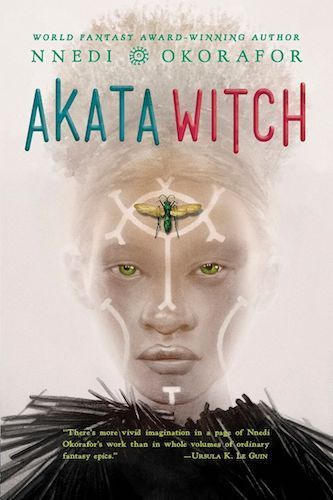
X

X

X
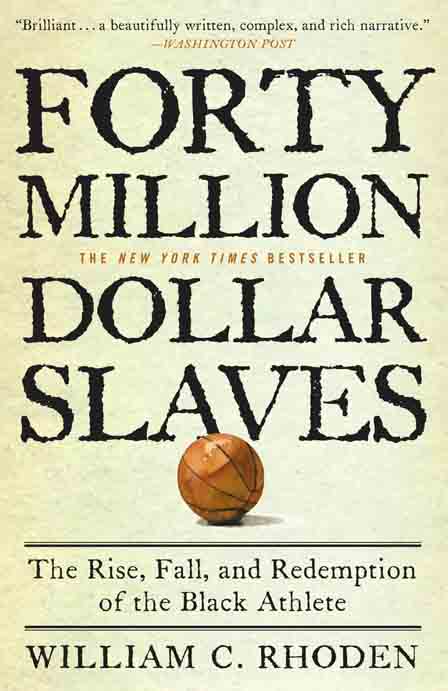
X

X

X

X
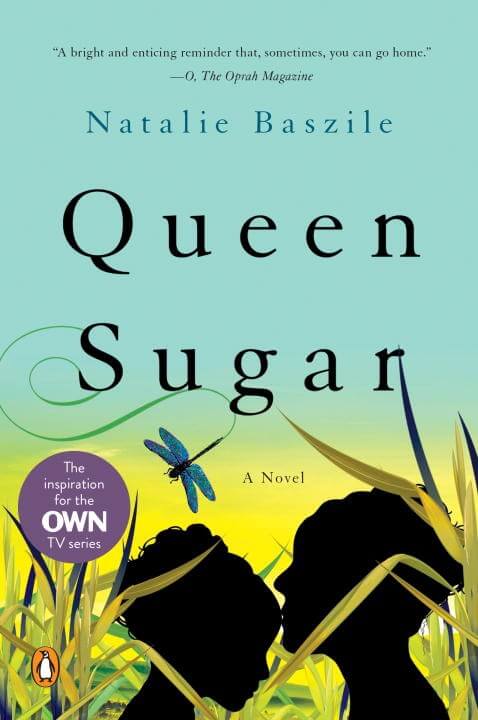
Audre Lorde
Earnest Gaines
Maya Angelou
Octavia Butler
James Baldwin
Alice Walker
Langston Hughes
Gloria Naylor
Ralph Ellison
X
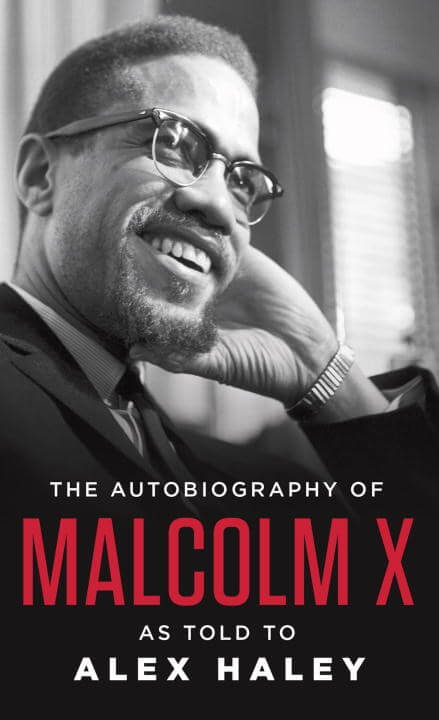
X
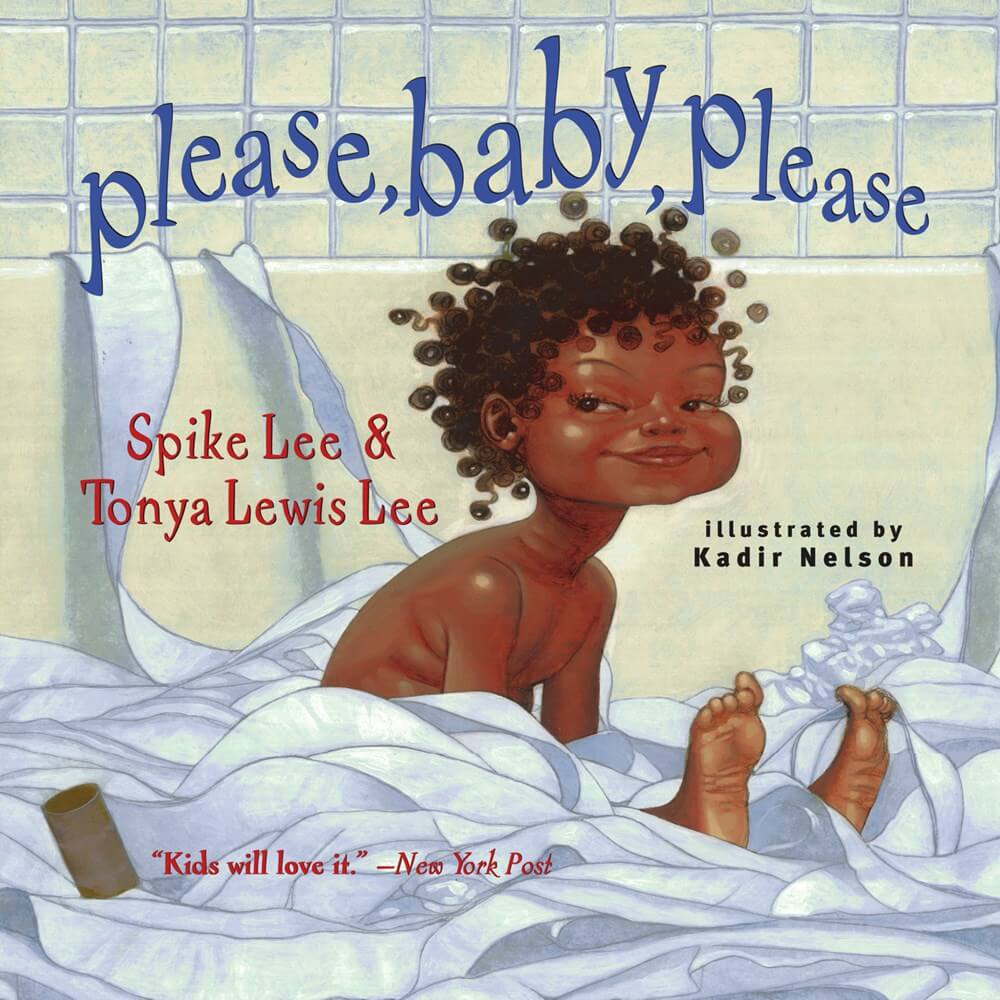
X

X

X
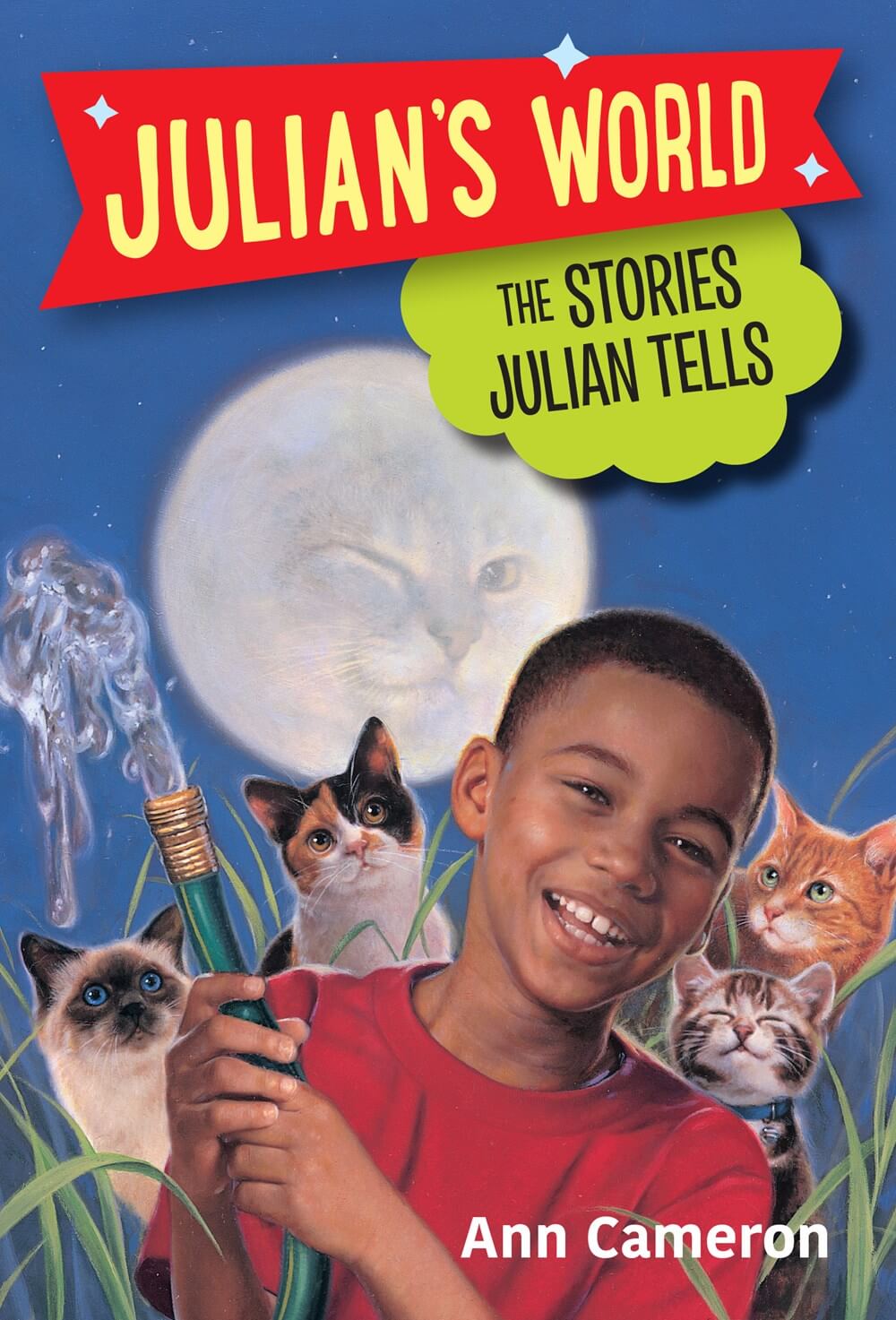
X
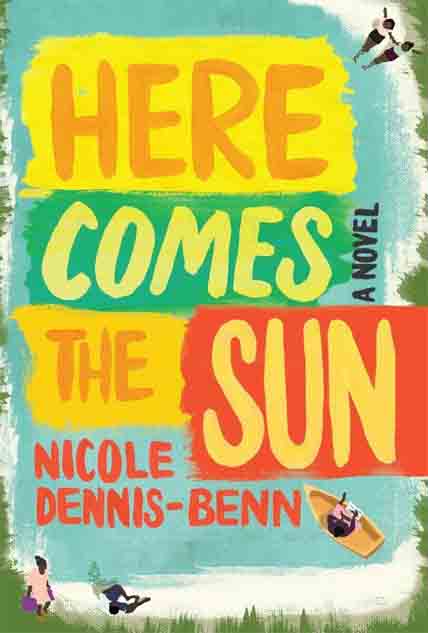
X

X
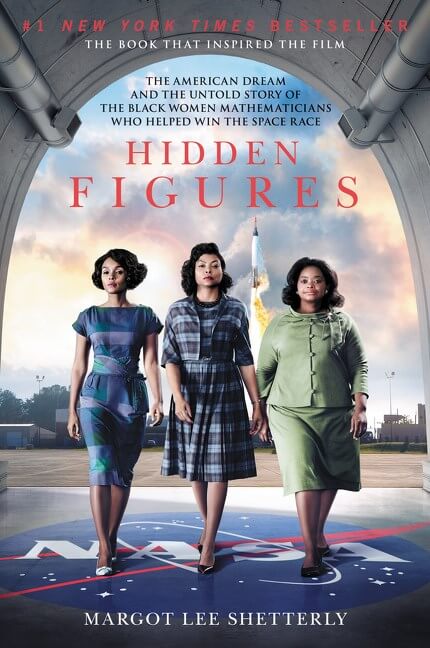
X

Gwendolyn Brooks
Alex Haley
Lorraine Hansberry
Richard Wright
Ann Petry
Zora Neale Hurston
James Weldon Johnson
Ntozake Shange
Colson Whitehead
X

X
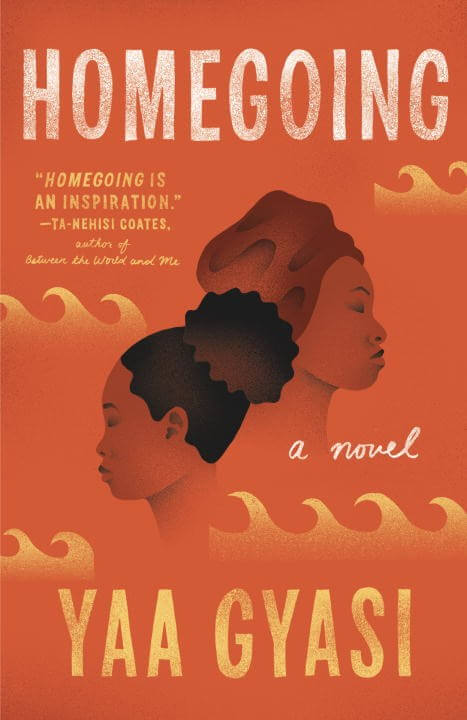
X
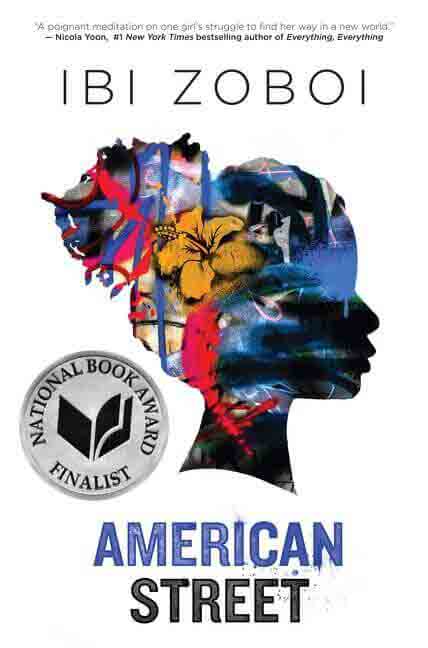
X
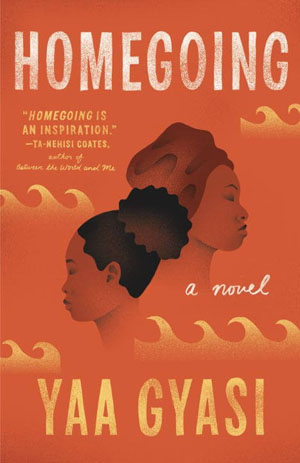
X

X

X

X

X
